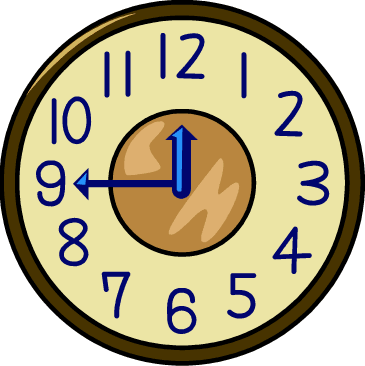ESL Politics Reading
This page has an ESL politics reading task to help you understand the politics vocabulary. By doing reading tasks you are able to work slowly and have time to learn all the new words you come across.

Reading is a good way to learn English when you want to work alone. You can sit down with a reading passage and start to learn the words. When you read a passage you can learn new vocabulary as well as seeing how grammar should be used. If the text is difficult you can work slowly, while if you find it quite easy you can work a bit faster.
This page has an ESL politics reading passage that you should read and understand. If you need any help understanding any of the politics words used you can look at the ESL politics vocabulary page for a list of words with definitions. Then once you have understood the reading passage you can answer the questions that follow it. You can check to see how many of the questions you got correct by using the get score button that will show your score and the correct answers.
ESL Politics Reading Comprehension Passage
Politics in the UK
The United Kingdom is a constitutional monarchy, which means that the Queen is the head of state but she does not actively participate in politics. The British people vote for the members of parliament and they make the laws and run the country for the Queen. The Queen the signs all the laws passed by the politicians but she does not have any responsibility for saying what the laws should be about.
The political leader of the UK is the Prime Minister, who is also called the PM. This person is the leader of the political party that has the most seats in the House of Commons. Normally in the UK there is one party with a majority in the House of Commons, which means they have more than half of the seats, that forms the government to run the country. Some times if one part does not have enough seats to form a majority it will need to form a coalition with another party, and they will run the country together.
The UK is divided into many different constituencies, and each constituency is represented by one member of parliament, also called an MP. Nearly all the MP in the UK belong to a political party. The two biggest parties are the Conservatives and Labour. There are then several smaller parties, such as the Liberal Democrats, Green Party, UK Independence Party (UKIP) or SNP (Scottish Nationalist Party). Some MPs may also be independents, which means they are not linked to any party.
Normally there are elections every five years in the UK. The polling day is normally a Thursday. When there is an election, polling stations are set up all around the country so everyone can go and vote. Everyone who is on the electoral register has one vote. Most people go to polling stations where they get a ballot paper. On the ballot paper there is a list of all the candidates that are standing for election, and the person needs to make a mark by the name of the person they want to vote for. When they have done this they put their ballot paper in the ballot box.
In the UK, the candidate with the most votes in a constituency is the winner. They get to go to London and become an MP in the Houses of Parliament. It is their job to represent their constituents and try to run the country in a fair and proper way.
ESL Politics Reading Comprehension
Reading comprehension questions that go with the above reading passage.
Other Pages about Politics that You Might Like
ESL Politics Conversations
ESL Politics Listening
ESL Politics Vocabulary
ESL Politics Writing
ESL 4u home › Reading › Politics


|
|



New! Comments
Have your say about what you just read! Leave me a comment in the box below.